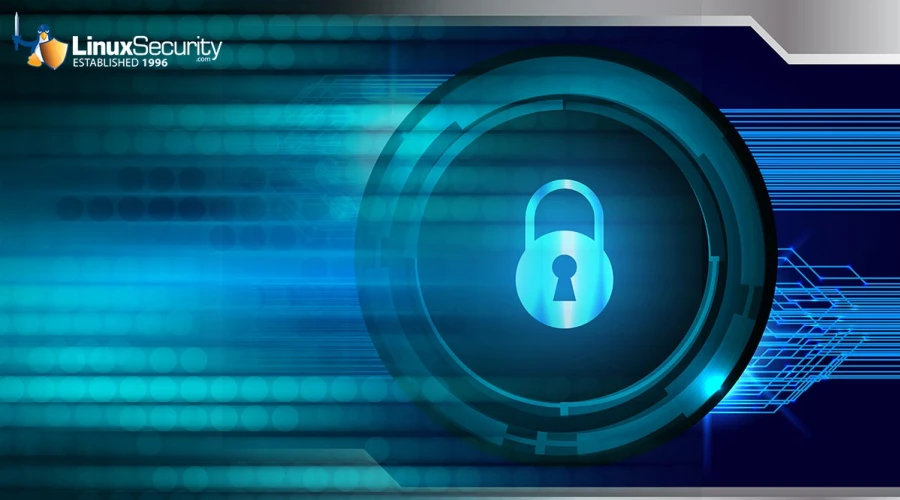
Compression utilities like 7-Zip have become essential tools for managing and storing data efficiently. Renowned for its high compression ratio and versatility, 7-Zip has earned millions of fans, from individual consumers to IT professionals around the globe. However, even trusted software can contain vulnerabilities. Recently, a security flaw was discovered within 7-Zip that may allow remote attackers to execute code through specially crafted archives containing malicious codes.
In this article, I'll examine this vulnerability and its impacts and guide you through updating to protect yourself by upgrading to the latest 7-Zip version to secure your systems.
What Is 7-Zip?
7-Zip is an open-source file archiver widely recognized and utilized for its high compression ratio and support of various file formats such as ZIP, RAR, and ISO. Notably, its proprietary.7z format offers enhanced compression capabilities. 7-Zip has become indispensable to individuals worldwide, administrators, and software developers, who integrate it into various workflows and applications.
Analyzing This Recent 7-Zip Vulnerability
 7-Zip contains a critical security vulnerability, CVE-2024-11477, that allows remote attackers to exploit Zstandard (Zstd) decompression implementation via specially crafted archives to execute arbitrary code remotely. The issue earned enough significance that CVSS gave it a score of 7.8, signaling its severity.
7-Zip contains a critical security vulnerability, CVE-2024-11477, that allows remote attackers to exploit Zstandard (Zstd) decompression implementation via specially crafted archives to execute arbitrary code remotely. The issue earned enough significance that CVSS gave it a score of 7.8, signaling its severity.
At its core, 7-Zip's vulnerability lies in how it handles Zstandard decompression. More specifically, improper validation of user data may lead to an integer underflow before writing into memory - exploited by convincing users to open maliciously crafted archives. Attackers can exploit this weakness to execute arbitrary code within the context of their current processes.
Vulnerable 7-Zip versions are susceptible to integer underflow when data provided to its decompression function isn't properly validated. This leads to an integer underflow and overwriting critical memory, allowing attackers to insert and execute code at will. Risk is compounded by exploiting this vulnerability, which requires relatively minimal technical knowledge. An attacker could easily create and distribute malicious archives via popular delivery like email attachments or file-sharing platforms. When someone interacts with someone using an exploited version of 7-Zip, the attacker could execute code with all access rights as the current user.
Understanding the Impact of This Vulnerability
CVE-2024-11477 can severely impact impacted systems, enabling attackers to run arbitrary code that could lead to further malicious activities. By exploiting this vulnerability, attackers could gain user access rights that allow them to operate with similar privileges as the currently logged-in user and access sensitive data or execute system commands. This includes accessing sensitive files and system commands in cases where an administrator-privileged user exists, resulting in complete system compromise. It affects all versions of 7-Zip before 24.07, so users running outdated versions are at risk. Steps should be taken immediately to secure systems by updating to the 24.07 version of 7-Zip for maximum system protection.
Mitigation and Fixes Available to 7-Zip Users
 The 7-Zip development team has addressed this security flaw with version 24.07. As 7-Zip does not feature an automated update mechanism, users must download and install the latest version to stay protected.
The 7-Zip development team has addressed this security flaw with version 24.07. As 7-Zip does not feature an automated update mechanism, users must download and install the latest version to stay protected.
To update 7-Zip, download its latest version from its official website - version 24.07 or later is required - and follow its installation instructions to update your current installation. Finally, verify whether or not it has been installed by opening 7-Zip, checking its 'Help' menu, and verifying its version number.
IT administrators and software developers should also monitor for suspicious activity within their networks and educate users about the risks of opening files from untrusted sources. Likewise, organizations should implement policies limiting code execution from external sources to reduce potential vulnerabilities while conducting regular security audits on systems to identify and rectify vulnerabilities promptly.
Security experts emphasize the significance of prompt patching as exploiting this vulnerability does not require complex technical knowledge. Though no known malware campaigns have targeted it yet, the risk remains significant, and mitigation measures should be prioritized. Both organizations and individuals should update systems regularly to stay protected against exploits that may impact their Linux environments.
Our Final Thought on Addressing This Severe 7-Zip Flaw
CVE-2024-11477 is an alarming reminder of the frequent vulnerabilities in widely used software such as 7-Zip. Improper validation within the Zstandard decompression algorithm underscores the vital need for rigorous testing and continuous monitoring for security flaws in software, making upgrading to version 24.07 of 7-Zip an absolute requirement to prevent potential arbitrary code execution attacks on systems.
Users and organizations alike can lessen risks associated with cybersecurity vulnerabilities by following these steps and adopting a proactive approach to cyber safety. Keeping software updated, educating users on safe practices, and employing rigorous security measures combine to create a safer computing environment.
Are you impacted by this flaw? Have you updated? Let us know on X @lnxsec!














